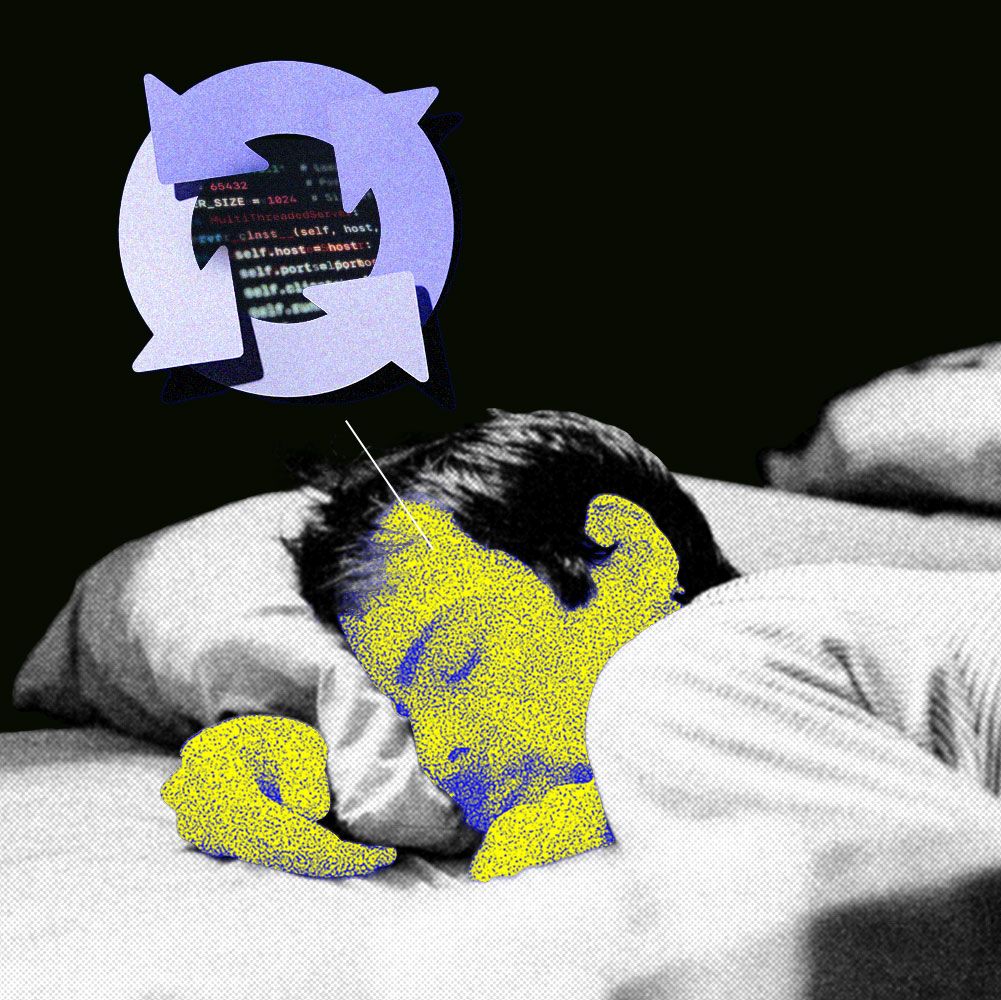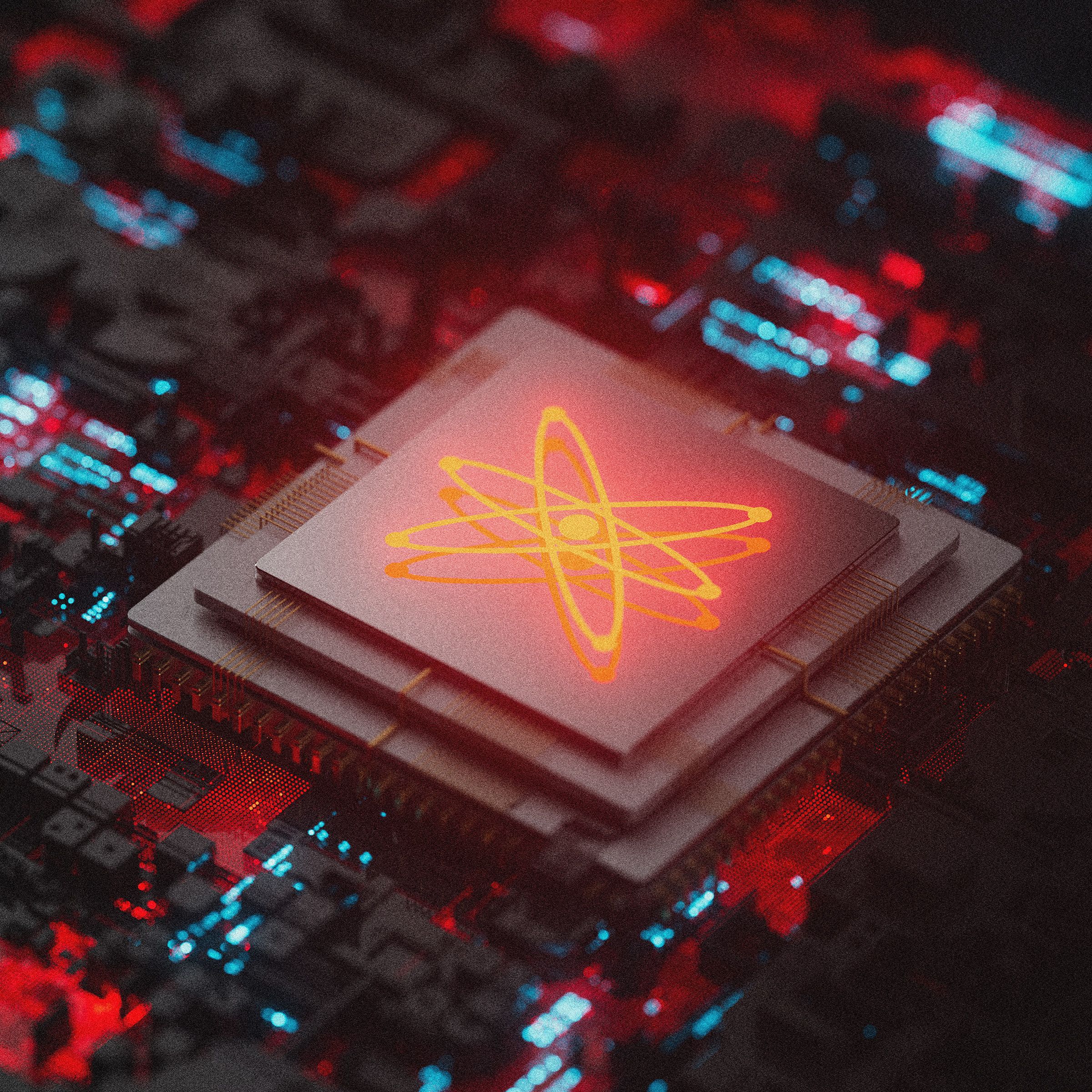Do Large Language Models Dream of AI Agents?
Do Large Language Models Dream of AI…

Do Large Language Models Dream of AI Agents?
In the field of artificial intelligence, there has been a growing interest in large language models such as GPT-3 and OpenAI. These models are trained on vast amounts of text data and have the ability to generate human-like responses to a wide range of prompts.
But do these models have the capacity to dream of AI agents? Can they imagine the existence of other intelligent entities that are capable of reasoning and making decisions?
Some researchers argue that large language models, while impressive in their ability to generate text, lack true understanding and consciousness and therefore cannot dream in the same way that humans do.
On the other hand, proponents of artificial general intelligence believe that as these models become more sophisticated and approach human-level intelligence, they may indeed have the capability to dream of AI agents.
It is an intriguing question that raises philosophical and ethical considerations about the future of AI and its potential impact on society. Will large language models one day be able to dream of AI agents that are as complex and advanced as themselves?
For now, the debate continues as researchers strive to unlock the mysteries of artificial intelligence and explore the boundaries of what is possible for intelligent machines.
As we continue to push the boundaries of AI technology, it is important to consider the implications of creating systems that may one day dream of their own intelligent counterparts.
Only time will tell whether large language models will one day have the capacity to dream of AI agents, but the rapid advancements in AI research suggest that we are closer than ever to realizing this possibility.




